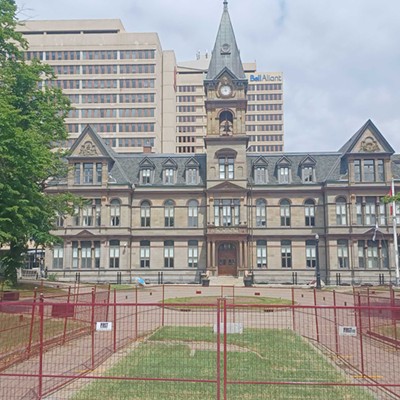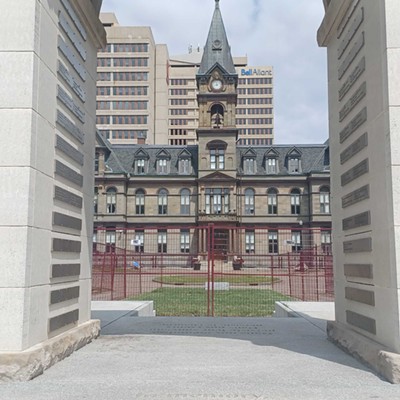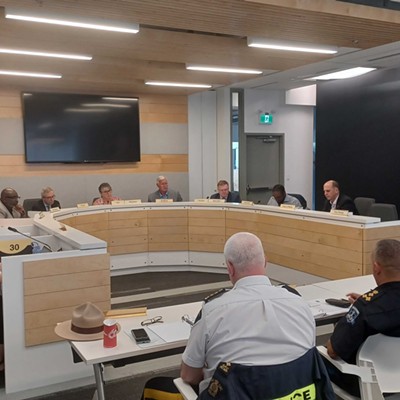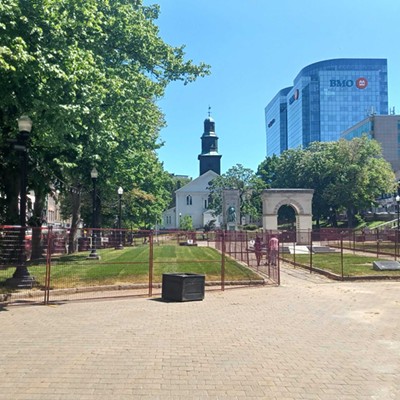Halifax’s city council is trying to modernize governance in the HRM. For those who have never really thought about how your government actually functions to shape your life, one main way legislative change happens is through the work of committees. In very general terms the role of a committee or board is to read a piece of proposed legislation, think about it, and then recommend changes to the proposed legislation. Sometimes, like in the Regional Watershed Advisory Board, the people who are thinking about legislation are experts who volunteered their expertise to the city and to try and make their city a better place.
One of the members of the Watershed Advisory Board, Céo Gaudet (who’s a bit of a legislative all-star), spoke at Monday’s Executive Standing Committee meeting and told councillors he was disappointed to read the report, which suggested that the RWAB board was not a valuable source of input for staff since 2019. He said that it’s a bit rude of the city to put people on boards for their expertise with no plan to ever actually listen to their expertise. He believes that council should apologize to the folks who have wasted their time spinning their wheels while thinking they were doing important work for the city.
There are few reasons why the RWAB has been frozen out of their advisory role. One reason is that the city is trying to professionalize our bureaucracy, which includes creating and maintaining institutional knowledge about the HRM. Historically Halifax has needed to rely on outside experts for this type of expertise, and set up advisory boards to get the best professional advice for policy making, but the shift to creating institutional knowledge within the city’s beacuracy is starting to make advisory boards redundant.
The other thing that’s preventing advisory boards and committees from being effective is the provincial legislation Bill 137. Bill 137 is playing a role in some of these dissolutions, because the legislation passed by Tim Houston’s Tories silenced some advisory boards as a source of expertise for municipal policymaking. This has led to some very weird board meetings in recent years where HRM staff have been forced to use a loophole where they gave information presentations to the watershed advisory board of experts and then city staff told the experts of the committee that they couldn’t accept feedback. But the experts were free to contact the city with feedback, and mention when they did that they just happened to be on the city’s board of experts in the field 😉.
The other thing worth mentioning here is that the city’s governance structures have changed in the past and continue to change when the needs of government change. For example, the standing committees are a relatively new addition to the HRM’s power structures. These legislative updates are going to council for consideration on July 9, because they passed through this standing committee in a unanimous vote.
This committee also approved sending out mailers with additional information about the fall municipal election. The city is also going to be standing up its voter information officer on July 22.
The committee also passed a motion to update our emergency by-law to correct the paperwork to reflect our new organizational structure. The same people are still doing the same work in what is essentially the same structure, and the only real difference is now their hats will say Department of Public Safety instead of Halifax Regional Fire & Emergency. The committee will also consider changing the terms and name of the Women’s Advisory Committee. These changes passed, and now this advisory committee will be empowered to start trying to make the city more equitable.
.













